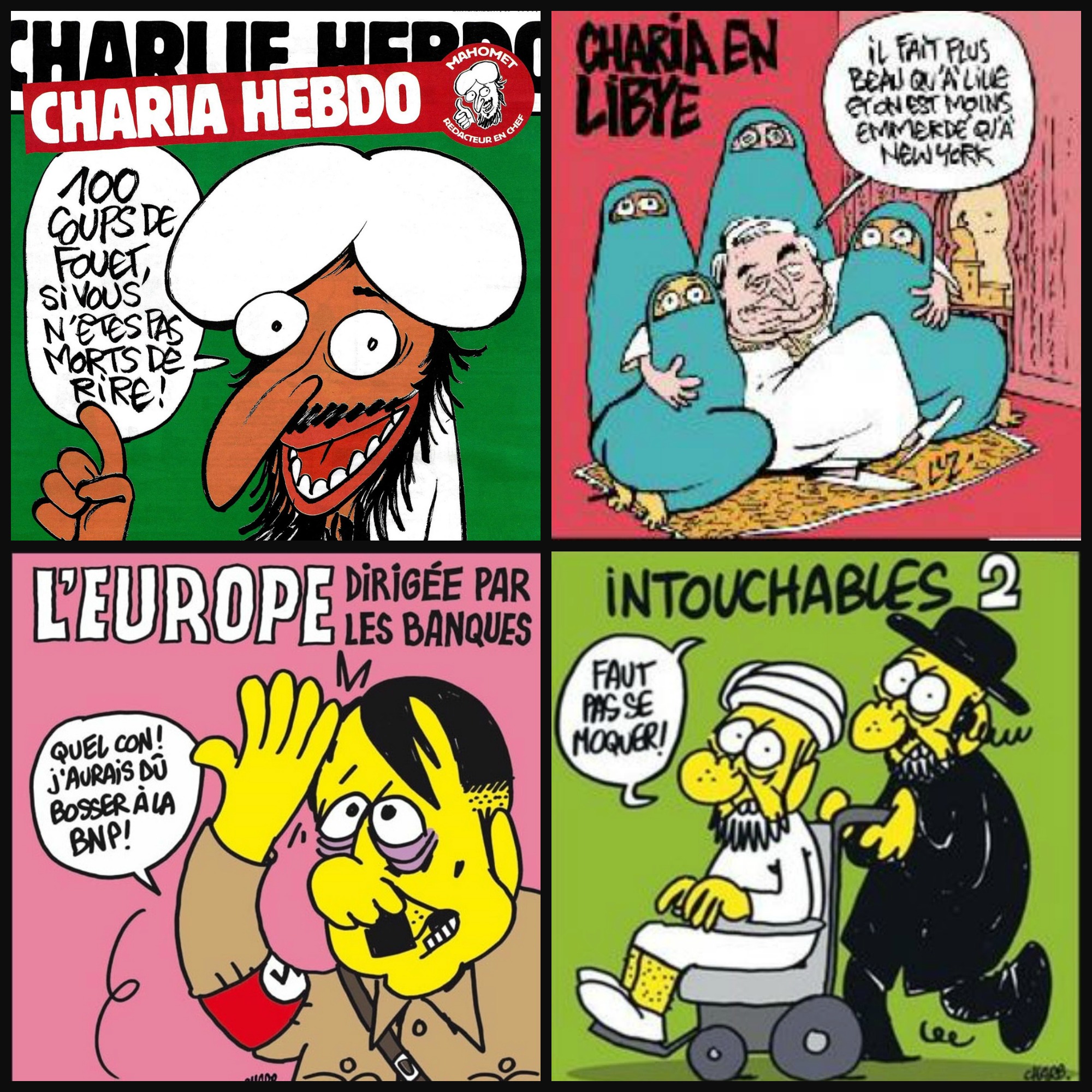
After the attack on the offices of Charlie Hebdo, an anti-religious satirical magazine by Islamists, many on social media have shared cartoons carried by the magazine in solidarity with the slain journalists.
But this trend has not gone down well with the Mumbai police. They have already blocked over 650 posts and pages 'on a popular social networking site' for allegedly uploading the controversial cartoons featured there. Mumbai police spokesperson Dhananjay Kulkarni told Hindusthan Times that they are blocking every controversial post that 'they come across'.
According to the report, the Mumbai Police are in 'constant touch with the authorities managing the servers of a popular USA-based networking site to immediately block such controversial posts and provide us with IP address of the account holders'.
Citing sources, the report also says that Mumbai Police’s social media lab was directed to search through various handles and posts to find those putting up these controversial cartoons.

This may imply that whoever posts Charlie Hebdo cartoons online would be in trouble with the law under the controversial section 66A of the IT Act, which provides wide ranging powers to police to arrest people for causing 'offence' on social media. In the past, there have been several controversial arrests under this act. In fact, there have been instances of arrests even for merely liking Facebook posts.
For example, in June 2014, there were two incidents of arrest: an MBA student was arrested for allegedly sending an 'offensive message' on Facebook-owned WhatsApp while another person in Mumbai was arrested for posting on the Goa+ Facebook Group, that if elected to power, Narendra Modi would 'unleash a holocaust'.
But perhaps we cannot expect much better from a polity as sensitive as India's. In 2012, cartoonist Aseem Trivedi was arrested and charged with sedition for displaying 'offensive' cartoons at a Jan Lokpal agitation. The cartoons that caused controversy included a modification of the national emblem, where four venomous wolves stand in place of King Ashoka's Sarnath Lions. The inscription on the emblem was changed to read 'Bhrashtamev Jayate' (Long Live Corruption) instead of 'Satyamev Jayate' (Long Live Truth).
Needless to say, the cartoons were hardly 'seditious' in nature, yet Trivedi could be arrested under the much-maligned provisions of Section 66A of the IT Act. Therefore it cannot be expected that cartoons which mock a particular religion and include pictures of its prophet, will be taken lightly by the Mumbai Police and the paranoid establishment. Then again, India is known for clashes between communities over extremely trivial issues, so maybe we should cut the establishment some slack.
Notwithstanding any logic on any side of the argument though, the fact remains that social media is extremely popular in India, uncontrollable due to its size and complexity and an easy tool in the hands of mischief mongers as well as moralistic or paranoid police forces and governments. Pre-emptive censorship has begun to become the norm rather than the exception these days. Every part of the administration is falling over to ensure that social media, or the internet in general, is free of opinion which causes offence to any section of population, however hairbrained or mischievous such an allegation of offence may be.